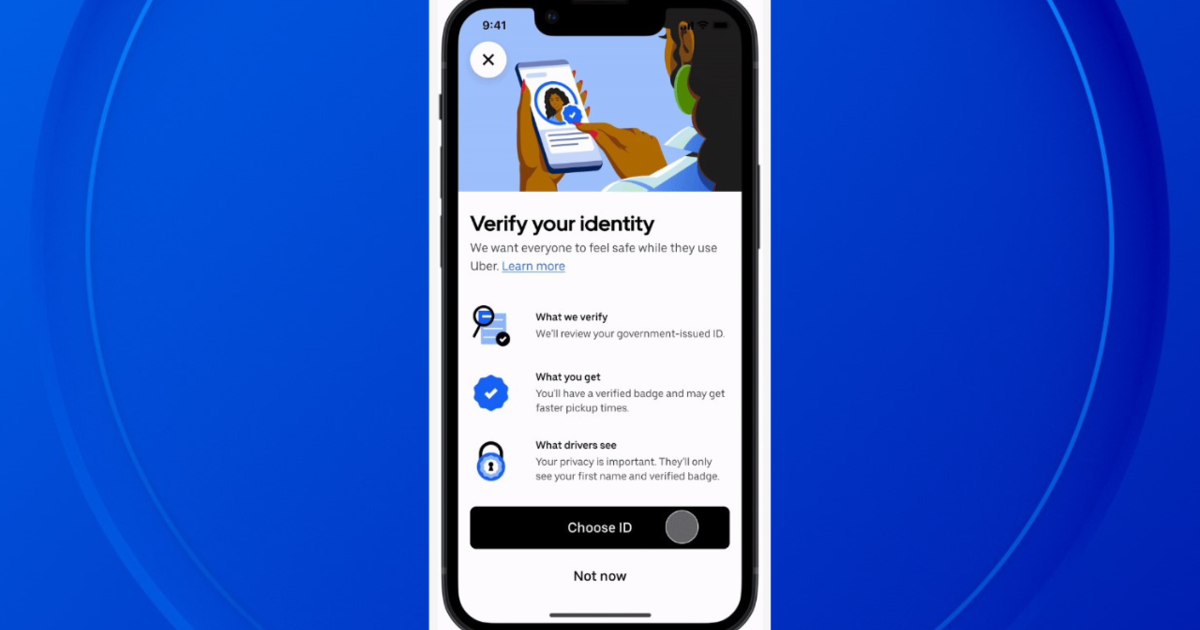Protect Your Eyes From Summer's Rays
WEST BLOOMFIELD (WWJ) - We know that sunscreen is important to protect our skin from the summer sun's damaging rays, but do we give our eyes the same protection?
Ultraviolet light, a major cause of skin cancer, can also be absorbed by the eyes, causing a number of chronic eye diseases.
"UV rays can promote changes in eye tissue and once this damage occurs, it is irreversible," said Jason Dilly, M.D., an ophthalmologist at Henry Ford Health System.
Overexposure to the sun can contribute to these common eye conditions:
- Cataracts, a build-up of protein on the eye's lens which can cloud vision.
- Skin cancer, which can form on the eyelids and areas close to the eyes.
- Age-related macular degeneration, a leading cause of vision loss in Americans 60 and older.
- Pteryguim, a tissue growth on the cornea which can interfere with vision.
"Taking care of our eyes is important all year 'round, but especially during the summer, and for those who work or enjoy hobbies outdoors during those months," Dilly said.
During the summer, the strongest UV rays occur between 10 a.m. and 2 p.m., and extra care should be taken to protect the eyes during those times. Dilly offers these tips for protecting your eyes from the sun's damage:
- Wear quality sunglasses to provide UV protection. Choose sunglasses clearly labeled that they provide 100 percent protection from UVA and UVB rays.
- Choose lenses that cover a large area around your eyes.
- Those who wear contact lenses with UV protection still need to wear sunglasses to protect areas not covered by their lenses.
- Consider specialty sunwear. Since typical sunglass styles don't protect eyes completely, many people choose wrap-around styles, or sunglasses made to wear over prescription glasses, which provide side coverage.
- Have your current sunglasses inspected by an eye-care professional. An optician can test your lenses to make sure they are offering you appropriate UV protection.
- Choose lighter-colored lenses, which cut glare without changing the color of what you see. Extremely dark colors can distort your vision. Remember, more tint does not necessarily mean more UV protection. Consider lenses which darken when exposed to UV light.
- Wear a wide-brimmed hat or a visor to provide extra protection.
- Never look directly at the sun, even while wearing sunglasses. This can cause permanent eye damage.
- Children and teens should also wear sunglasses with the same level of protection. Consider shatter- or impact-resistant lenses for active children.
"Sunglasses do not have to be expensive to offer adequate protection," Dilly said. "Carefully consider what you are buying to make the best choice for your needs."



